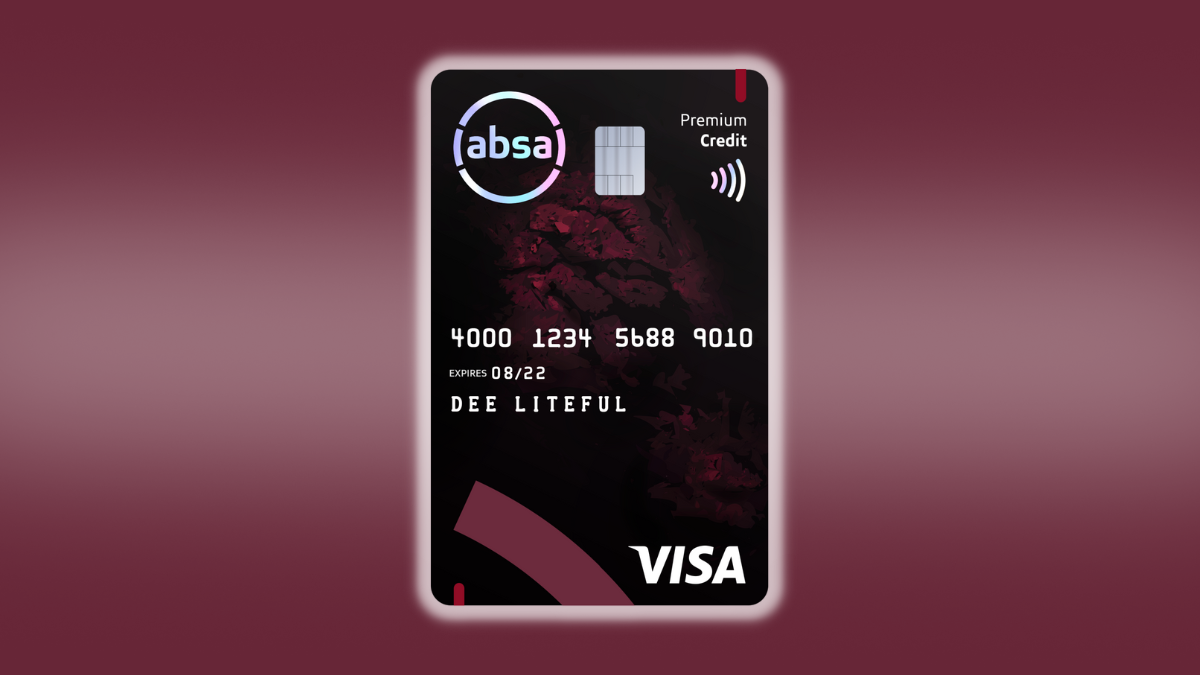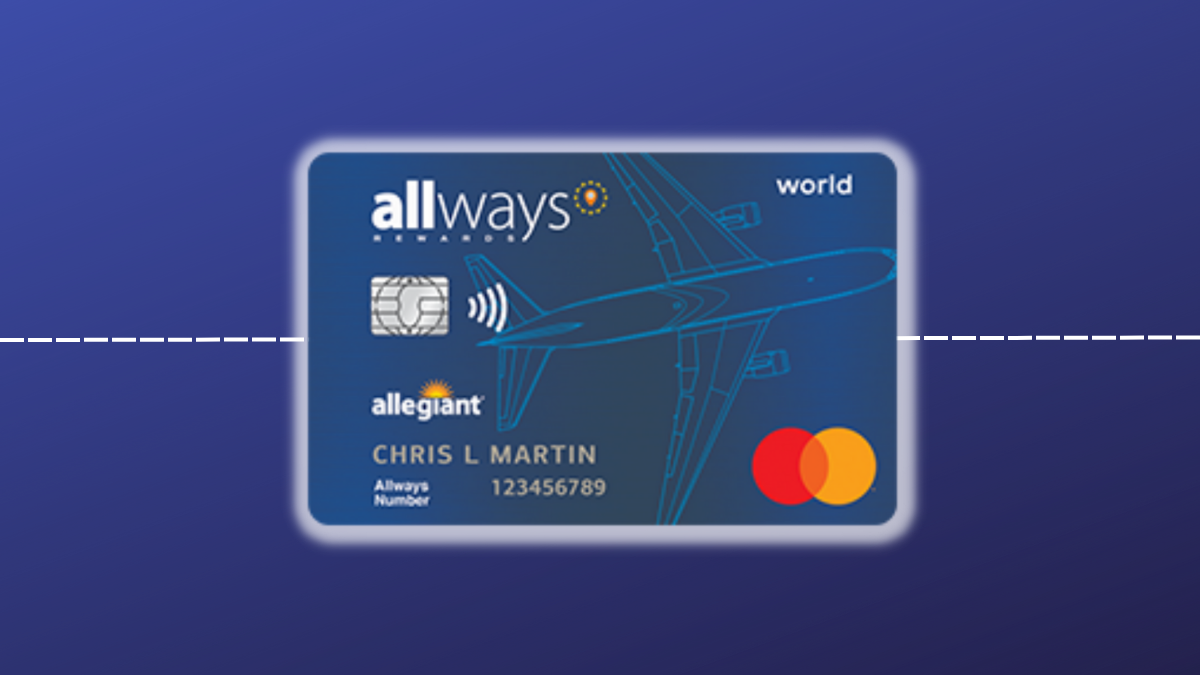Finances
How to get started with budgeting: 5 simple steps
Budgeting is key to staying financially healthy and planning for the future. In this article we are going to teach you how to do it.
Advertisement
Stay in control of your money: learn about budgeting with these tips

Most of us have, at some point, mismanaged our money. There are many simple steps to avoid it, but many people boil it down to one single factor: no budgeting.
It is easy to get lost with our money as the month goes by. You get your paycheck, and you instantly feel rich. So you buy a few stupid things that don’t cost much, and one day, bam!, you have empty pockets.
While it is true sometimes, we make stupid decisions and buy expensive things we don’t need, most often, we miscalculate the little things.

The three types of income: learn more about them
Learn how you can have multiple income streams and build your wealth faster.
The candy you get on your way out of the grocery store, the cute little cell phone cover you bought because you love mint green stuff.
All the seemingly inexpensive stuff you buy throughout the month snowballs into one big credit card bill.
Don’t worry, this doesn’t make you a bad person – although you may have symptoms of consumerism. This just means you could use a little budgeting.
So we have put together 5 simple steps you can take to get started with budgeting and have your financial life under your control.
1 – How much do you make?
Your net income is the starting point for all other financial decisions you make. This is all the money you receive from work, government benefits, or other sources. It’s the first step on your budgeting journey.
When you calculate your net income, you must subtract from it deductions from taxes and programs provided by employers such as retirement plans, health insurance, etc.
Knowing exactly how much comes in on a regular basis is key. Without it, you incur the risk of thinking you have more money than you really do. This is the road to overspending.
Making extra money always helps. If you would like to learn about the three different types of income, there are, click the link below, and we will tell you all about them.
You will be redirected to another website
By submitting this form, I agree that I am 18+ years old and I agree to the Privacy Policy and Terms and Conditions. I also provide my signature giving express consent to receive marketing communications via automated emails, SMS or MMS text messages and other forms of communication regarding financial products such as credit card and loans. Message frequency varies and represents our good faith effort to reach you regarding your inquiry. Message and data rates may apply. Text HELP for help or text STOP to cancel. I understand that my consent to receive communications is not a condition of purchase and I may revoke my consent at any time.
2 – How much do you spend?

Just as important as knowing how much money comes in is knowing how much comes out. This is the second simple step in your budgeting.
It helps to divide expenses into categories like fixed expenses and variable expenses.
Fixed expenses are things such as rent or mortgage, car payments, and utilities. Other fixed expenses may include health insurance, education, gym membership, etc.
Anything that you have to pay month by month, no matter what, should go into this list.
Next, you must estimate variable expenses. By its own nature, this kind of expense is never 100% clear. However, it is possible to keep an estimate of how much you spend by rounding it up. UP, not down.
Variable expenses may include grocery shopping, gas, and entertainment. Among these expenses, you may be able to find opportunities to cut back.
One good way to get insight into that is your credit card and bank statements.
There is a third type of expense you can also take into account. Life is short, and sometimes you want to buy stuff that deep down you know is completely unnecessary.
However, if it doesn’t compromise your budgeting, why not?
This is what I like to call “guilt-free spending”. Set aside a portion of your net income so that you can spend it on superfluous things like chocolate bars you buy on impulse.
Just make sure it is not a huge portion. If you would like more details about how to manage your bills, click the link below.
3 – Plan it out
Now that you have the basic setup with the first steps, you can start planning for the future and budgeting. Separate your plans into short- and long-term goals. Short-term goals are usually set up for the next 1 to 3 years.
For short-term goals, you should start thinking about setting up an emergency fund (click the link below and learn how to do it) and paying off any debt you might have. These also serve as a solid basis for your financial health.
While you work on those goals, you might as well work on others, such as setting some money aside for a trip or a concert. But watch out. You don’t want to spend everything on short-term goals.
Long-term goals are of extreme importance. We are talking about things like saving for retirement or paying for your child’s education.
While you are young, these things seem distant, but life goes by faster than you think, so save up.
Keep in mind long-term plans may not be permanent. Time and occasion may force you to tweak and adapt your plans.
But having a plan serves an important financial purpose: keeping you on track with your budget.
4 – Stay on budget

This is the step where you actually execute the plan on budgeting. However, staying on a budget often requires adjustments. Whether you made less money this month or had an unexpected expense, in times like these, you must adapt.
The best place to make adjustments is usually in your superfluous expenses. How about watching a movie at home instead of going to the movie theater tonight?
Of course, if this becomes something you have to do regularly, something is out of balance. If you have to cut back on necessary expenses to stay on budget, then you have a real problem.
Make sure your lifestyle allows you to respect your budgeting. Sometimes it’s not about what you want to do but what you need to do.
5 – Review your budget
If you have a reduction in your income, you must review your budget. If you have an increase, you must review your budget. It is a fact of life that circumstances change, so reviewing your budget is inevitable.
New expenses may arise, especially regular ones. When this happens, you have no way around it. So review your expenses regularly, and you will achieve your goals.
In conclusion
Budgeting is not as complicated as it may seem at first. You don’t need to keep detailed spreadsheets on every penny you spend (although you can!).
But keeping track of both income and expenses, setting up plans, and working towards goals will give you a sense of accomplishment. This will keep you motivated and focused, and you will be on the road to financial freedom.
And to keep a healthy financial life, you need to set up your emergency fund. This will help you avoid turning a minor issue into a financial catastrophe.
To keep educating yourself on financial management, read the following content to start your emergency fund right away.

Learn how to start your own emergency fund fast
Do you have an emergency fund? It is important to have one and you can start building yours with these tips. Read more below!
About the author / Danilo Pereira
Trending Topics

Absa Premium Banking Credit Card application: 57 days interest-free
Looking for a card with a long interest-free period? Follow our Absa Premium Banking Credit Card application guide and get yours today!
Keep Reading
Choose your fitness and health apps to improve your routine
Are you looking for ways to stay healthy? If so, read on to discover the cream of the crop in fitness and health apps!
Keep Reading
Allegiant World Mastercard® online application
Start earning 3X points on purchases and get a free checked bag with a little help from our Allegiant World Mastercard® application guide.
Keep ReadingYou may also like

BlueBird Amex debit card application process step-by-step
In this BlueBird Amex debit card application guide you will learn how to apply within minutes for this accessible debit card.
Keep Reading
Ent Credit Union Personal Loans application: up to 72 months to repay
This Ent Credit Union Personal Loans application guide is going to help you get your loan for whatever you need today!
Keep Reading
Quick Loan Link review: get a loan easily
In this Quick Loan Link review you will see how this platform allows you to get multiple loan offers with a single application.
Keep Reading